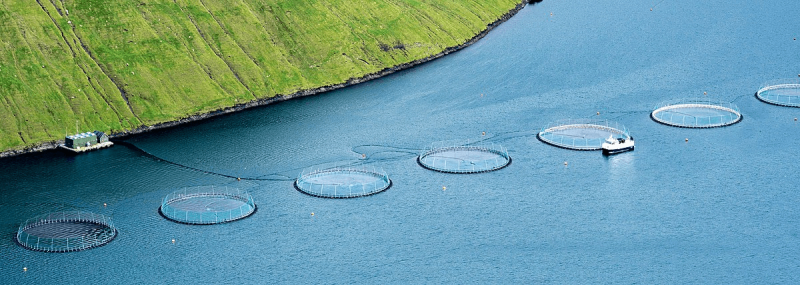Aquaculture is a diverse sector with about 600 cultured species, as the Food and Agriculture Organization (FAO) of the United Nations reported.
However, only 15 species contribute significantly to world production.
With the prevailing and worsening conditions brought about by climate change to the fishes’ natural habitats, tools that can improve the species’ resiliency are necessary.
[Professor Eric] Hallerman presented gene transfer and gene editing as promising techniques to shield the world’s aquaculture from the climate crisis.
“Fishes are excellent systems for gene transfer and gene editing,” Hallerman pointed out.
The main reason behind this is that fish can produce multiple offspring. At the same time, researchers have designed protocols for the successful artificial induction of spawning in cultured fish species.
Furthermore, fish eggs are large, and the development of the embryo or larvae occurs outside the mother’s body, enabling successful modification of valuable traits in fish.
Gene editing has been used to improve fish species’ productivity, disease resistance and sustainability.
The current thrust of aquaculture research worldwide is to improve fish species’ growth and muscle development.































